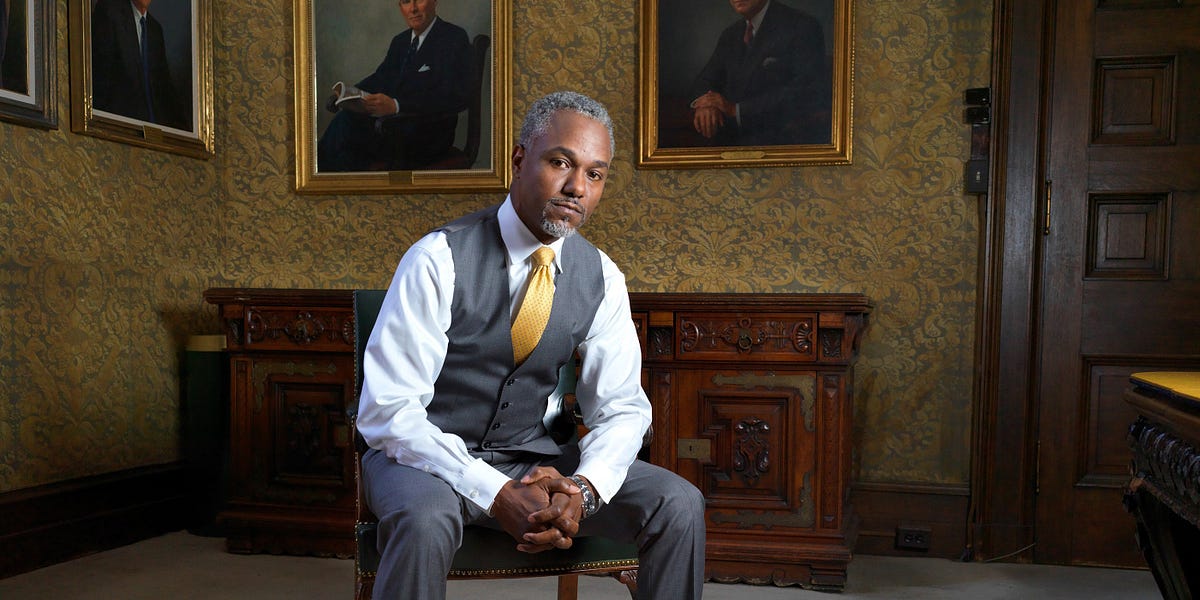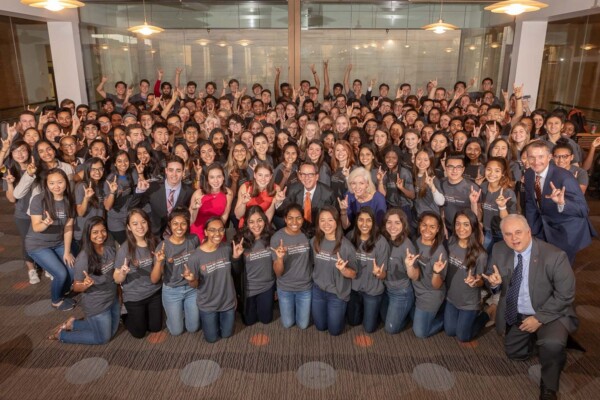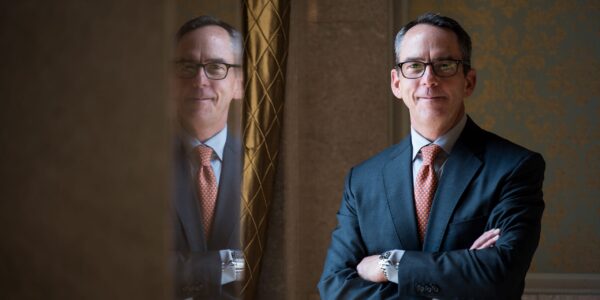Alumni Profile: Diversity Champion
James Page Jr., MBA ’07, appointed vice chancellor for equity, diversity and inclusion at Vanderbilt University.

A background in H.R. may be common for many diversity officers, but James Page believes his experience in business and engineering gives him a fresh angle on his role.
In August, Page began a new position as vice chancellor for equity, diversity, and inclusion at Vanderbilt University. He says his role is to ensure that the institution provides a safe, respectful, and dignified environment for its students, faculty, and staff. It’s important to make sure they have the resources to be aware of the challenging sides of diversity issues and be able to address them, Page says.
He also says that Vanderbilt, as both an elite university and academic medical center, holds a unique role in its community as an anchor institution.
“There’s a real responsibility for us to understand our community so that we maintain the benefits that we receive from them, whether that’s trust, tax breaks, or connections with an engaged employee base,” Page says.
Page’s work at Dell Inc. as an engineer early in his career landed him on a career path he hadn’t planned for. By the end of his 10 years there, he was managing the company’s global diversity program while also completing his Executive MBA at Texas McCombs. Since then, he has held executive diversity positions at Johns Hopkins Medicine, Cincinnati Children’s Hospital Medical Center, and managed care provider DaVita.
Page says his background in engineering and business allows him to measure success, work with data, and communicate with executives on multiple levels. “That understanding gives me a really important place at the table,” he says.
“What’s been really important for me in my roles at all these institutions has been to facilitate the understanding of the importance we have in creating resilient citizens — citizens who are not going to crumble when they see an email or a communication or get talked to in a certain way,” Page says. “We want to help grow individuals who are going to see that communication as a challenge to help fundamentally shift the behaviors that are happening within our society and culture.”
—London Gibson
This article appeared in the spring 2019 issue of McCombs magazine. Click on the link to see the full issue.


